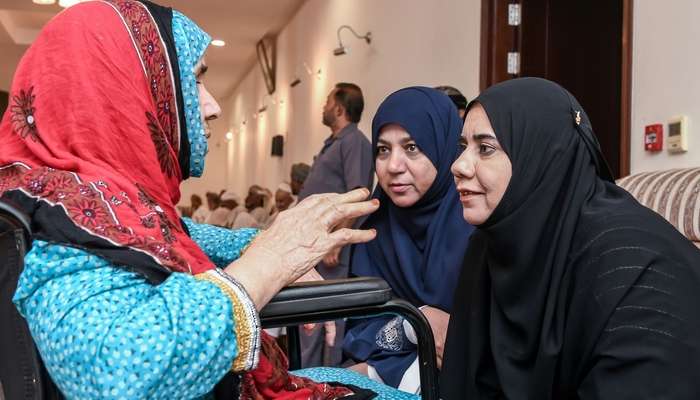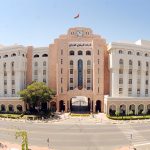The Ministry of Social Development in Oman has introduced new regulations aimed at improving the care and support of elderly citizens within alternative families. These regulations outline the criteria for families willing to take on the responsibility of caring for elderly individuals who may not have adequate support from their own families. The guidelines specify that an elderly person must be 60 years or older, of Omani nationality, and in need of care due to lack of family support or inability of their family to provide proper care. A social investigation and medical certification are required to determine the eligibility of the elderly person for care by an alternative family.
The regulations mandate that at least one member of the alternative family must be an Omani national, and the family must demonstrate social stability and financial capability to provide for the elderly individual. The family must also be free from infectious diseases and behavioural disorders, and have a stable income to support their own needs as well as those of the elderly person. The living arrangements must be suitable for elderly care, with exceptions possible for individuals meeting the necessary criteria. The relevant department is responsible for reviewing care requests and making decisions within 30 days, with a provision for appeals within 60 days in case of rejection.
The alternative family taking in an elderly person is required to provide a safe and stable environment, ensuring that the elderly individual is not exposed to abuse or neglect. They must also meet all basic needs of the elderly person, including food, clothing, and healthcare. This new initiative by the Ministry of Social Development is a significant step towards enhancing the welfare and dignity of elderly citizens in Oman, ensuring they receive the care and respect they deserve within a supportive family environment. By setting clear guidelines and criteria for alternative families caring for the elderly, the ministry aims to improve the quality of life for elderly individuals who may not have family support to rely on.
The regulations for the care of the elderly in alternative families highlight the importance of social stability, financial capability, and health considerations in the selection of families for elderly care. By requiring that at least one member of the alternative family be an Omani national, the ministry ensures a sense of cultural connection and familiarity for the elderly person receiving care. The emphasis on providing a safe and stable environment, free from abuse and neglect, underscores the commitment to upholding the dignity and well-being of elderly citizens in Oman.
In conclusion, the implementation of regulations for the care of the elderly in alternative families is a positive step towards ensuring that elderly individuals in Oman receive the care and support they need in a compassionate and respectful manner. By establishing clear guidelines and criteria for alternative families willing to take on the responsibility of caring for the elderly, the Ministry of Social Development is making a significant impact on the welfare and dignity of elderly citizens in the country. This initiative reflects a commitment to providing high-quality care for elderly individuals who may not have adequate support from their own families, fostering a sense of community and compassion towards the elderly population in Oman.











